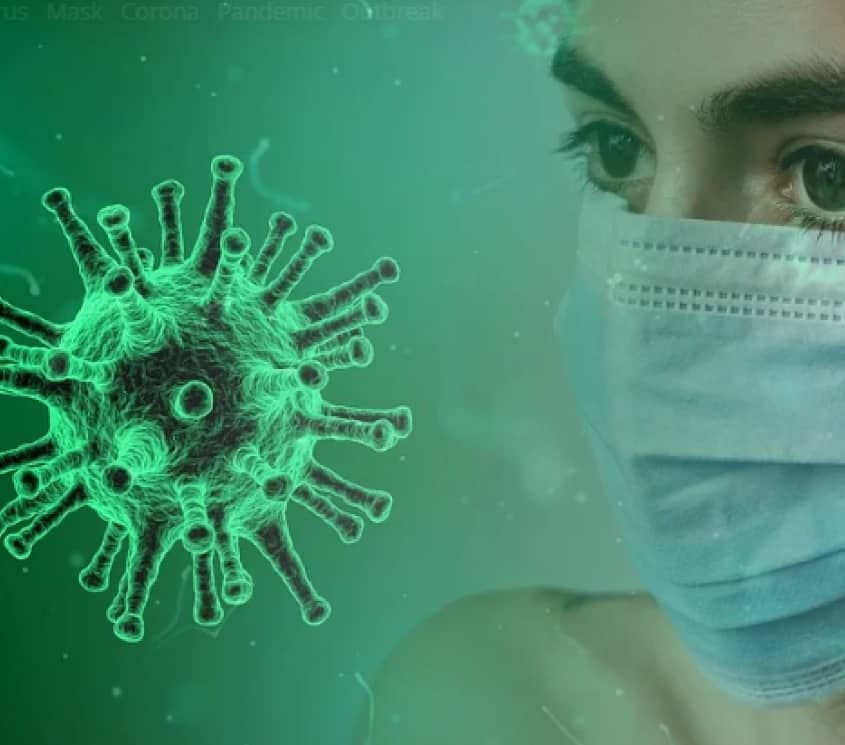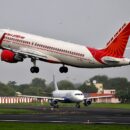Bengaluru is paying price of ineffective infection source tracing

Last updated on February 14th, 2023 at 11:44 am
In June first week as Unlock 1.0 was implemented nationwide, Bengaluru recorded a daily number of 9-28 positive cases being detected. This number rose to 138 by June 19 and by the end of June the city was recording over 700 positive cases of coronavirus every day. July 4 recorded this number as 1,235. Bengaluru which was being lauded for its Covid-19 curbing efforts until few weeks ago, is now recording high numbers progressively like other major cities of New Delhi, Mumbai and Chennai. What led to the current situation that the entire city is paying price of?
BBMP (Bruhat Bengaluru Mahanagara Palike) was struggling its way to fight Covid-19 crisis. But when it came to source of infection tracing BBMP stumbled, being already overstretched and overworked. The situation worsened with massive influx of people from other states as relaxations were given with gradual unlocking in the country. Ensuring contact tracing and social distancing became an enormous task for BBMP. June although showcased a lower number of cases, new patients whose infection source was still unknown was becoming a common finding. Data from Department of Health and Family Welfare indicates that on June 6 there were just 18 recorded cases by Bengaluru Urban district, but 83% of the cases on this day were not traced.
Read More: Vial Drug Desrem Available For Covid-19 In India Soon
BBMP senior officials suggest that this has been due to Unlock 1.0 implementation in the country. Reopening of economy in the country has led to increased mobility of people with rise in interactions leading to lack of social distancing maintaining. An official said, “It was following the transition phase (between June 1 and 14) that the spike in cases actually started.”
Domestic and international travelers as source of infection percentage had come down to 0.29% in June. Infection from primary and secondary sources was 2.13% and 7.49% related to ILI (Influenza like Illness) and SARI (Severe Acute Respiratory Infection).
Bulletin by Department of Health and Family Welfare states that the state has an efficient contingency plan to keep a check on the spread of Covid-19. The 4Ts are relied on – testing, tracing, tracking and treatment. Between June 1-22 the source of infection was not determined in around 62.76% of cases. During this time period 659 cases out of 1,050 did not have a recorded infection source.
BBMP Commissioner B.H. Anil Kumar acknowledged the fact that contact tracing and ascertaining source of infection are a massive task, and there is a lapse in data with BBMP and war room of Covid-19.
Commissioner Kumar also said that due to several underlying and asymptomatic infections in the city, contact tracing is proving to be a difficult job. He further acknowledged that though sporadic, community spread is definitely present in the city. He said, “In some cases where the patients themselves are not able to recollect where they have been or whom they have been in contact with, we list it as a source not identified. The transmission can happen any time in a 14 day period.”
Read: Kamath Predicts Positive Quick Comeback For Indian Economy



